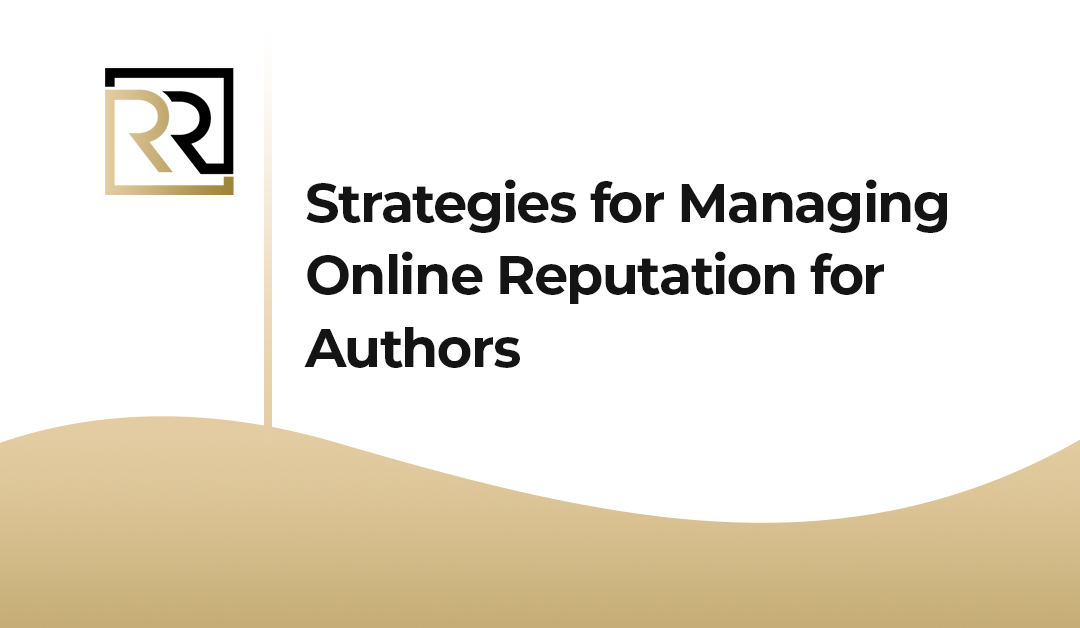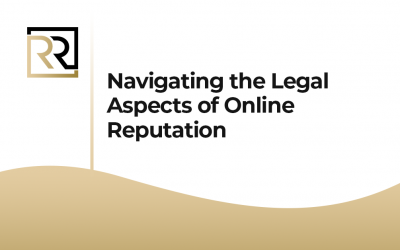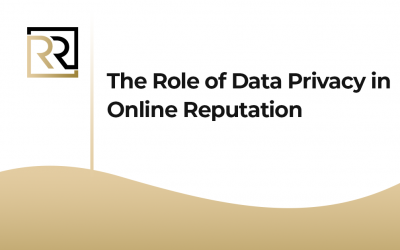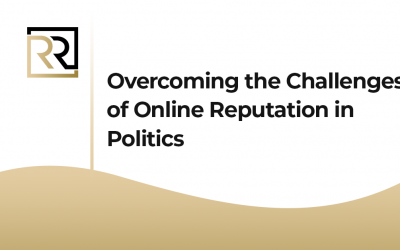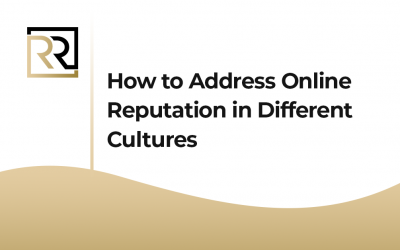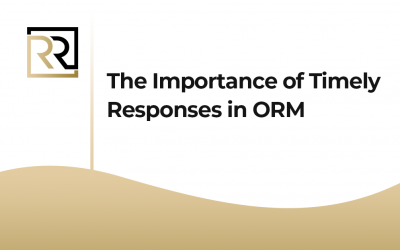Strategies for Managing Online Reputation for Authors
Further, in today’s digital age, authors face unique challenges when it comes to managing their online reputation. Moreover, with readers increasingly turning to the internet to discover new books, engage with authors, and share their opinions, maintaining a positive online presence is crucial for success. Thus, from managing reviews to engaging with readers on social media, authors must navigate the digital landscape strategically to cultivate a strong and favorable reputation. So, in this comprehensive guide, we’ll explore effective strategies for authors to manage their online reputation and build a loyal readership base.
Essential Strategies for Authors
Understanding the Importance of Online Reputation for Authors
Therefore, before delving into specific strategies, let’s first understand why online reputation matters for authors:
1. Reader Trust
Firstly, a positive online reputation builds trust and credibility with readers, encouraging them to explore and purchase your books.
2. Discoverability:
Secondly, a strong online presence increases your visibility and discoverability, making it easier for readers to find your books amidst the vast sea of available titles.
3. Author Branding
Generally, your online reputation contributes to your author brand, shaping how readers perceive you and your writing style. Additionally, a consistent and positive reputation helps establish your brand identity and differentiate you from other authors.
4. Engagement and Loyalty
Further, engaging with readers online fosters a sense of community and loyalty, encouraging them to become repeat readers and advocates for your work.
Essential Strategies for Managing Online Reputation as an Author
So, let’s explore actionable strategies to help authors effectively manage their online reputation:
1. Cultivate a Professional Author Website
First and foremost, a professional author website serves as your online hub and the primary source of information about you and your books. Therefore, ensure that your website is user-friendly, visually appealing, and regularly updated with relevant content such as book releases, author events, and blog posts.
2. Engage Authentically on Social Media
Secondly, utilize social media platforms to engage with your readers authentically. For example, share behind-the-scenes insights into your writing process, interact with reader comments and messages, and participate in conversations relevant to your genre or niche. Also, choose platforms where your target audience is most active and focus your efforts there.
3. Monitor and Respond to Reviews
Further, monitor reviews of your books on platforms such as Amazon, Goodreads, and book blogs. While it’s important to celebrate positive reviews, don’t be discouraged by negative feedback. Instead, use it as an opportunity for growth and improvement. Additionally, respond to reviews graciously, thanking readers for their feedback and addressing any concerns or criticisms professionally.
4. Create Valuable Content
In addition, to promoting your books, create and share valuable content that resonates with your audience. For instance, this could include writing tips, book recommendations, author interviews, or personal anecdotes. Besides, by providing value beyond just promoting your work, you’ll attract and retain a loyal following of readers.
5. Build Relationships with Book Bloggers and Reviewers
Overall, forge relationships with book bloggers, reviewers, and influencers in your genre or niche. Also, offer to provide advance review copies (ARCs) of your books, participate in blog tours or author interviews, and engage with reviewers respectfully. Additionally, positive reviews from trusted sources can significantly boost your online reputation and attract new readers.
6. Monitor Your Online Presence
Further, regularly monitor your online presence to ensure that it accurately reflects your desired image as an author. Also, Google yourself periodically to see what information comes up and address any inaccuracies or outdated content. Set up Google Alerts for your name and book titles to stay informed of any online mentions.
7. Be Authentic and Transparent
Above all, be authentic and transparent in your online interactions as an author. Thus, readers appreciate honesty and authenticity, so don’t be afraid to share your successes, struggles, and personal experiences. Besides, building genuine connections with your audience will ultimately contribute to a positive online reputation.
Conclusion: Strategies for Managing Online Reputation for Authors
Further, managing your online reputation as an author is essential for building trust, connecting with readers, and ultimately, achieving success in the competitive world of publishing. Therefore, by cultivating a professional author website, engaging authentically on social media, monitoring and responding to reviews, creating valuable content, building relationships with book bloggers, and maintaining authenticity and transparency, you can effectively manage your online reputation and cultivate a loyal readership base. Also, remember, your online reputation is a reflection of your brand as an author, so invest time and effort into shaping it thoughtfully and strategically. Besides, by employing these strategies consistently, you’ll position yourself for long-term success in the ever-evolving landscape of publishing and reader engagement.
Take care of your search engine reputation management with us.
Services
Our Services
Search Engine Content Removal
Social Media Content Removal
Positive Content Creation
Online Reviews Optimization
Search Results Optimization
Learn
Our Blog
Utilizing Social Media Analytics for Better ORM Outcomes
Social Media Analytics for Better ORM Social Media Analytics for Better ORM, in the digital age, social media has become a vital platform for shaping brand perception and managing online reputation....
Crafting a Compelling Online Story for Your Brand
Crafting a Compelling Online Story for Your Brand: A Guide to Captivate Audiences and Boost Engagement Further, in today's digital age, storytelling has become a powerful tool for brands to connect...
Navigating the Legal Aspects of Online Reputation
Legal Aspects of Online Reputation Further, in the digital age, our online reputation can make or break our personal and professional lives. However, navigating the legal aspects of online...
Maximizing the Positive Impact of Customer Testimonials
Harnessing the Power of Customer Testimonials: Strategies for Maximum Positive Impact Further, in today's competitive business landscape, the voice of the customer holds immense power. Therefore,...
The Role of Data Privacy in Online Reputation
Safeguarding Your Online Reputation: The Crucial Role of Data Privacy in Online Reputation Further, in today's digital age, our online presence plays a significant role, Data Privacy in...
Building a Reputation Management Framework for Success
Constructing a Reputation Management Framework: A Blueprint for Success In today's digital age, where online perceptions can make or break businesses and individuals alike, having a solid reputation...
Overcoming the Challenges of Online Reputation in Politics
Online Reputation in Politics Further, in the digital age, politicians face unprecedented challenges when it comes to managing their online reputation. With the proliferation of social media,...
How to Address Online Reputation in Different Cultures
Strategies for Addressing Online Reputation Across in Different Cultures Further, in our increasingly interconnected world, businesses and individuals must navigate the complexities of cultural...
The Importance of Timely Responses in ORM
The Importance of Timely Responses in ORM Further, in the digital realm, where information travels at lightning speed and opinions are formed in an instant, timely responses play a...


